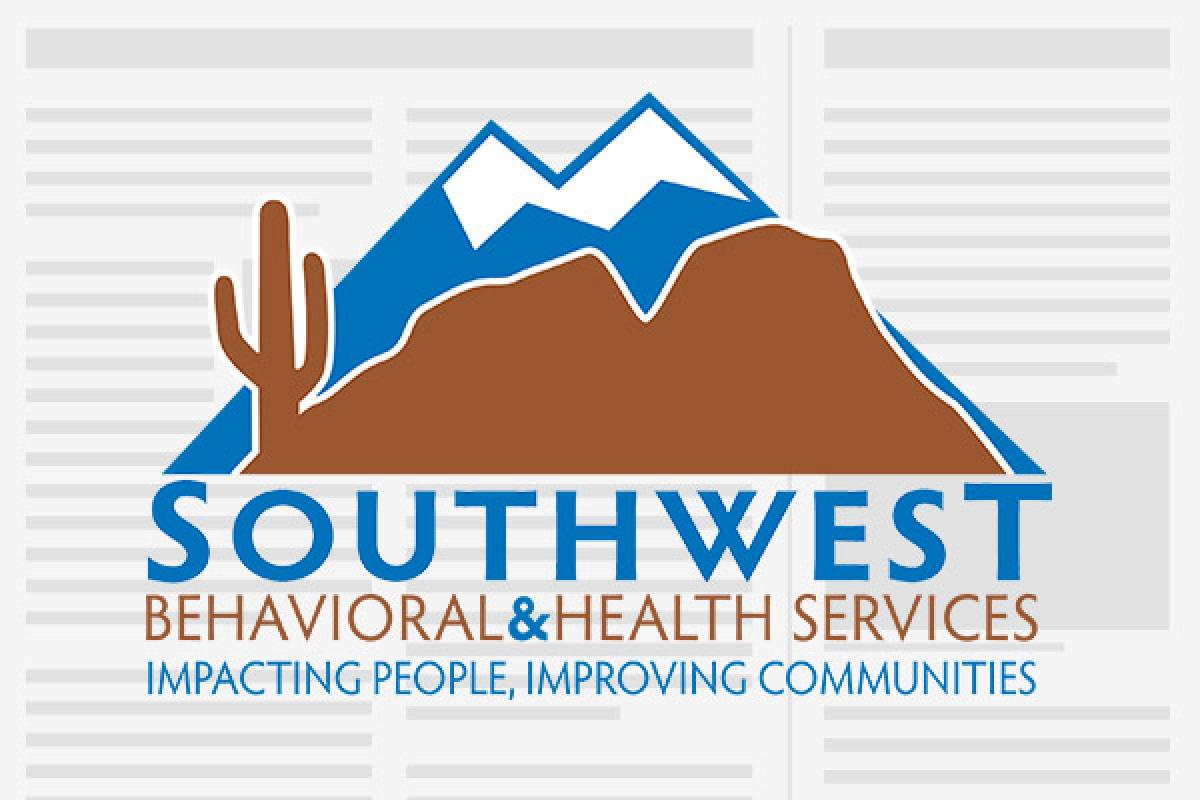

On Wednesday the 13th, DrugFreeAZKids.org had a great webinar about the “Six Things Parents Can Learn from Teachers.” If you were unable to attend, here is a quick recap on what was discussed.
1. Communicate clear expectations. Just because you said it, it does not mean your child understood it. At the beginning of the school year it is important to establish morning and bedtime routines, homework rules, chores and important prevention practices. Teachers have to communicate expectations clearly to their students at the outset of every year, and repeatedly throughout the year. Here are some guidelines as to how they do it:
a. Tell your child what you want them to do, not what you don’t want them to do.
b. Use kid-friendly language
c. Post the agreed upon expectations somewhere where all can see them as reminders, such as the refrigerator or somewhere else that is prominent in the house.
d.Practice/Rehearse – It takes an average of 8 to 10 repetitions for new learning to be internalized
2. Focus on relationship-building. Teachers work hard to get to know and build rapport with their students. Become the “askable” parent so your kids will turn to you when they have worries and doubts instead of turning to their friends, or worse, to substances. Practice active communication.
3. Have a plan. Teachers painstakingly plan their instruction with the final outcome in mind. Think about what kind of adult you’d like to raise. What do you need to be doing now to reach that result?
a. Plan family meetings so that schedules can be synched, menus planned and materials gathered with fewer stressful surprises.
b. Be sure your child is ready to handle the responsibility of being home alone. Set clear rules and a back-up contact in the event your child needs an adult’s assistance.
c. Address prevention. Parents have a lot of influence over their children and teens. Capitalize on this strength by talking with them early and often, as young as the preschool years. Set up a family policy with everyone’s input. Kids whose parents speak with them about the dangers of drugs and alcohol are up to 50% less likely to try them.
4.Set and monitor goals – Many school districts have adopted the use of PDSA in classrooms, short for “Plan, Do, Study, Act.” Here is an example of its application.
P-PLAN An example of a goal might be to reduce the number of arguments each week. Set a quantifiable target and stick with that plan.
D-DO The family seeking to reduce arguments, for example, might do things like take time-outs if they feel angry, use family meetings to address problems before they happen, and actively encourage each other at least once a day to foster better relations.
S-STUDY In keeping with our home example, this family would keep track of how many arguments are happening as the week progresses. Use this as a chance to reinforce the kids’ graphing skills and data analysis.
A-ACT- At home at this stage, the family would examine how the week went, and look for progress or setbacks compared to prior weeks. This will position them to continue with the next PDSA cycle toward the same goal or toward a new goal.
5. Give your child responsibility, even though they may goof up. Teachers would rather have a student experience the natural consequence at school for, say, not having homework in, than miss the chance to build responsibility if Mom or Dad brings it in for the child. Allowing a child to figure out how to solve his own problem communicates that you have confidence his capabilities (assuming the problem does not involve health, safety, family values, or is beyond the child’s maturity). Self-esteem and responsibility is built on facing and overcoming challenges.
6.Think about the values you want your child to have. Empathy is important in every classroom. If kids don’t feel emotionally “safe” in the classroom environment, learning won’t happen. Studies have shown that the majority of children believe that their parents value achievement over caring. Clarify your core values in your own mind, so that you will be able to instill them in your kids.
We at DrugFreeAZKids.org wish you and your children a new school year filled with growth, learning and great prevention conversations!













